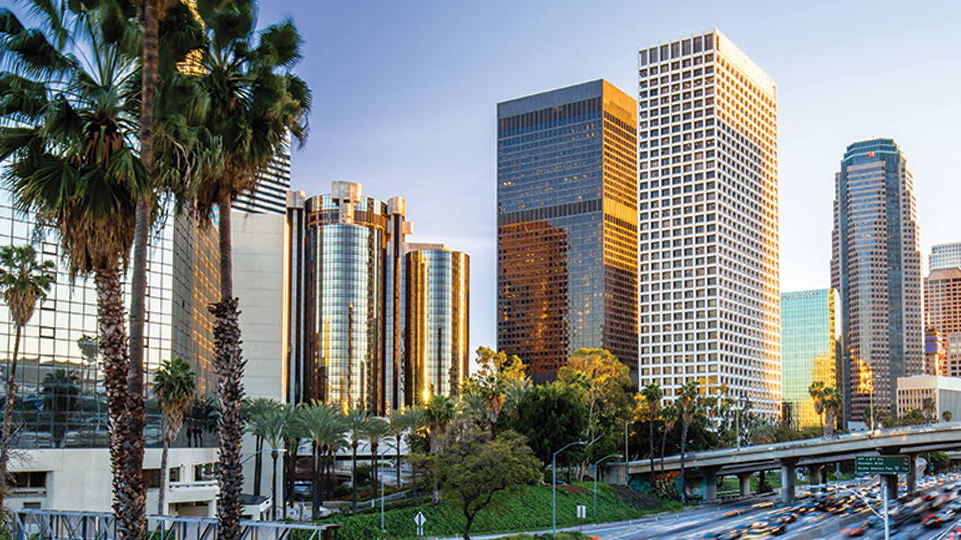




MARKET FACTORS
The rise of alternative litigation funding in the United States at this time may be the result of many factors.
INCREASING COSTS
The cost of litigation is rising perhaps as a result of the revolution in technology which has permitted the electronic storing of documents and other information. The internet and modern computer systems have increased exponentially the amount of documents that companies create and retain in the normal course of business. Moreover, trillions of e-mails and instant messages are sent around the world each day, and current computer technology now permits companies to retain vast amounts of records almost indefinitely.
It is not just the volume of material of electronically stored material that increases litigation costs, but it is also qualitative differences between electronic materials and paper documents. First, electronic documents contain certain data, called meta data, which may contain key information about who authored, reviewed and accessed a document and the times when such authoring, reviewing or accessing might have occurred. The existence and potential materiality of meta data means that computer hard drives need to be scoured for deleted documents and deleted e-mails that might contain meta data. Second, people tend to communicate in e-mail in a manner different, often more informal, than they would in a formal letter. Sometimes, the language in an e-mail can be so informal and vague as to lead to multiple interpretations, each of which needs to be analyzed. Other times, because e-mails can be so quickly written and disseminated, people make off-the-cuff statements in them that they would not in more formal documents. Since such statements might be crucial to a litigant’s case, tens of thousands of e-mails might be reviewed in an effort to find the “needle in a haystack” that can be the difference maker in a litigation.
As a result, discovery costs are rising due to the need to review of all of the available and potentially material information. Similarly, the time required to conduct discovery is increasing rapidly. The Federal Judicial Center reported in 2009 that while the average cost of discovery for a plaintiff in 2009 was $15,000, in five percent of all cases studied discovery costs were at least $280,000 and in 5% of cases with electronic discovery, discovery costs were at least $500,000. (Federal Judicial Center National Case-Based Civil Rules Survey, October 2009.) As a result, individuals and corporations are often not able to afford to pursue claims they believe to be legitimate.
INCREASING NUMBERS OF LAWYERS AND LITIGATION
Both the number of lawyers and amount of litigation in the United States are expected to increase. The US Bureau of Labor Statistics estimated that as of 2019 there are 813,900 lawyers in the United States. It further predicted that number would increase by 4% from 2019 to 2020. Although the Bureau of Labor Statistics identified some factors that might mitigate growth in litigation, it also stated that “demand for legal work is expected to continue as individuals, businesses, and all levels of government require legal services in many areas.” (Bureau of Labor Statistics, Occupational Outlook Handbook, 2019 Edition).
CHANGING ETHICAL MORES
Traditional legal and ethical concerns about third parties profiting from investments in litigation, which may have restricted the growth of litigation financing in the past, now appear to be receding. Some experts now believe that ALF investments now exceed $1 billion in the United States. In addition, public records have shown that more than 250 law firms in New York borrowed on pending cases between 2000 and 2010. (“Betting on Justice: Borrowing to Sue, Center for Public Integrity, November 14, 2010”.) Although litigation finance is relatively new in the United States, it has been practiced in the United Kingdom and Australia for several years although it has been suggested the litigation finance activity in the United States now exceeds the amount of such activity outside the United States. (The Hedge Fund Law Report, Volume 2, Number 25, June 24, 2009).
Indeed, the mainstream acceptability of Alternative Litigation Financing in the legal community is supported by the American Bar Association. In August 2020, it released the American Bar Association Best Practices for Third-Party Litigation Funding wherein it provides guidance as to the ethical considerations for attorneys to make in funding their cases through ALF.

LOS ANGELES
Atticus Financial Corporation
5200 W. Century Boulevard, East Tower, Suite 345
Los Angeles, CA 90045

DALLAS
Atticus Financial Corporation
Lake Highlands Tower, 9330 LBJ Freeway, Suite 900
Dallas, TX 75243
